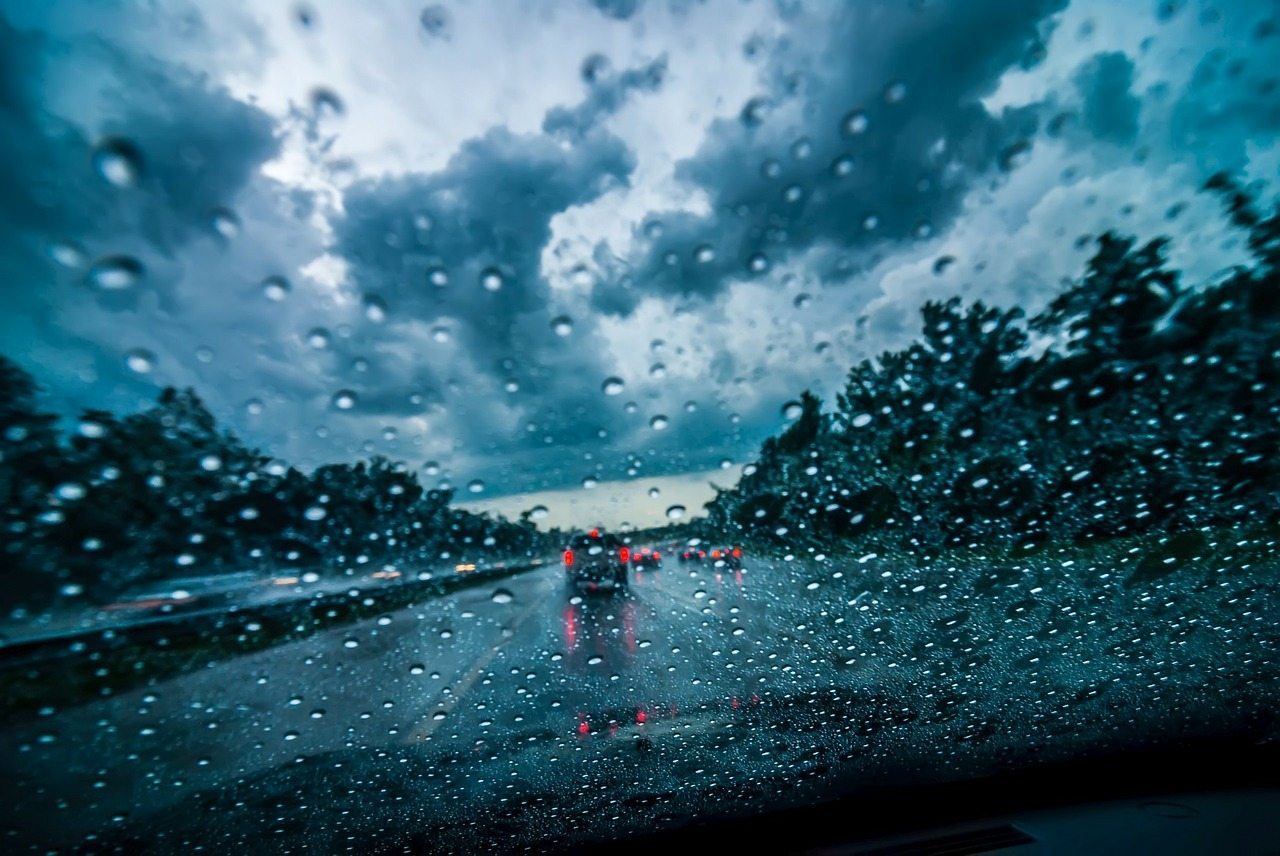Many years ago I was traveling back down to San Diego with some friends, and we were ‘yucking’ it up in the vehicle. We were a convoy of three vehicles, on our way down Interstate 5, and cruising straight down the road and into Los Angeles. Humor turned into confusion as I looked out the window because I thought I spotted human body parts on the side of the interstate. I turned to my buddies inside our car, and asked them, “Did you see that? I thought I saw arms and legs on the road.” They agreed, but were still trying to absorb what they had witnessed.
We were traveling at night-time, with poor illumination, yet our headlights cast sufficient light upon the crime scene. This was in the days long before cheap-portable cell phones were available. The only communication device available to us was the pay phone. For 10 cents you could call the police but that was if the phone worked.
Our driver pulled along one of the other vehicles in our convoy and pointed back to the area we just passed, miles ago. The driver of the other vehicle nodded his head in agreement. Three vehicles hurtled up the road to the nearest gas station. Upon entering the station dozens of people were assembled there talking about what they witnessed. Highway Patrol was called. A lot of people had seen the same thing. We realized we were just minutes behind the person who disposed of the body. He had cut it up into pieces and dumped it out of his car like it was trash.
There are a lot of smart things you can do if you’re traveling, especially into remote areas, and areas that you are unfamiliar with. Vacations can turn into nightmares if you aren’t prudent.
- Use well-traveled roads and stick with the tourist routes. Any detour you make should be avoided.
- Don’t over night at rest stops: These places are areas that are usually remote, and generally used as pit stops for people in the day time.
- Don’t pull in at rest stops that are empty or not lighted well: If you must pull into a rest stop, try to choose one that has families using the facility.
- Don’t be the only person at a rest area.
- Do park in a well-lit area
- Avoid suspicious looking people. Wait until they depart or drive to another location if one is nearby. Most phones come equipped with GPS navigation and you are likely to find an alternative rest stop.
- If you are alone, avoid talking with people. If someone approaches your car to talk, keep your window rolled up. Stay in your vehicle and crack the window to speak with them. DO not get out of your vehicle.
- If you use the facility, keep your keys in your hand. That way, you can quickly enter your vehicle.
The problem for most travelers is, when a crime occurs, the criminal can easily get into a vehicle and speed away. Not all truck drivers and motorcyclists are bad people. And not all members of families on vacation are good. It’s best to stay away from making moral judgement on someone’s character and just stick to your rehearsed travel plan script. Get in, get out, and go home safe. A van without windows in its side panels could be harmless, however do you want to take the chance that it might be someone criminal? Yes, criminals most certainly may drive non-descript looking vehicles too. Just stick with your travel script, don’t deviate from the path, and in the end go home safe.

Here is a preemptive checklist to go over before you travel:
Check the glove-box. Check for the owner’s manual and registration. If your vehicle manual is missing, consider ordering a replacement. Check online with the automakers because some allow you to download the manual in PDF form. Check to make sure your registration is current in case your vehicle is stolen. This is the time to go through a checklist and determine what needs to be repaired or maintained. If you are unfamiliar with how cars work then be sure to keep a manual with you on the road.
Get scheduled maintenance or major repairs done. If your car needs major repair or maintenance, get it done now, before it’s too late. Having the oil or spark plugs changed are some of the minor issues that may reveal larger problems to your vehicle. Schedule repair or maintenance to resolve it while there is time.
First Aid Kit. Have one in your vehicle at all times.
Check the air filter. Clean or change your air filter because clogged filters reduce fuel economy.
Check the coolant. Check to ensure the vehicle has the proper mixture of antifreeze and water. Change the coolant if it needs to be done.
Check the tires. Check your tire tread. The recommended method of checking is to insert the edge of a penny, with Lincoln’s head pointing down, between the treads. Purchase new tires if you can see the space above Lincoln’s head.
Check the instructions in the manual or the sticker on the door jamb for the amount of air pressure needed. Make sure the tires are inflated to the proper pressure. Many cars have two recommended ratings, one for light loads and one for heavy loads and/or high speeds. Set the pressures when the tires are cold. Keep in mind that blowouts can occur when extra heat builds up due to low tire pressure.
Check the spare tire. Make sure the spare tire is fully inflated and that the wrench, jack and other tire-changing tools are in the trunk. Make sure you have the adapter for the lock-nut if your tires have wheel locks.
Keep your gas tank filled. Never let your fuel get lower than at half level.
Check what you’ve packed. There’s nothing worse when beginning a road trip only to discover what you need to bring with you doesn’t fit.
Load evenly and carefully. An overloaded car is hard to handle, especially in emergencies calling for quick maneuvering. Under heavy loads cords in the sidewalls cab begin to snap and the edges of the tread can separate. Not only does abnormal flexing under heavy loads cause injury to tires, but the car’s springs and shock absorbers may be strained to the point of actual damage.
Maps
Carry multiple maps and a GPS in your vehicle. A satellite system may not be working but some GPS models can allow you to look at your pre-loaded topographical maps. If it takes an SD cards you can view e-books and documents. You can also take along a lap-top car charger, PC and a thumb drive with your pre-loaded info.
You need a current, detailed city map. If there are blocked roads from construction, flooding, clogging traffic or true dead ends, you’ll need alternate routes out of the city. Be sure to have something from the most current year on hand.
A topographical map: You need something current that depicts water sources (lakes, streams, rivers) and roads other than interstates and freeways.
A Road Atlas: Once you get out of your familiar zone, you will need this to locate areas you want to avoid or enter.
Here is a list of items you should have in your vehicle, for keeping a piece of mind.
- 1 gallon radiator coolant
- 1 package of car fuses
- 1 pint brake fluid
- 1 quart motor oil
- 1 quart transmission fluid
- 1 roll duct tape
- 1 set of jumper cables
- 1 set of vice grips
- 1 set of snow chains (if in cold weather)
- 1 heavy coat
- 1 universal fan belt
- 1 wool blanket
- 4 cans of “fix-a-flat”
- 4 railroad flares
- A “Call the Police” sign
- A first aid kit
- A good flashlight
- A portable telephone or CB radio
- A tow rope
- Pepper spray
- A tool box with the correct socket set and wrenches.
*The views and opinions expressed on this website are solely those of the original authors and contributors. These views and opinions do not necessarily represent those of Spotter Up Magazine, the administrative staff, and/or any/all contributors to this site.

Never travel to states that don’t except your CCW permit Calf. ILL. Ny. Are a few carrying a handgun will let you feel safer on the road .